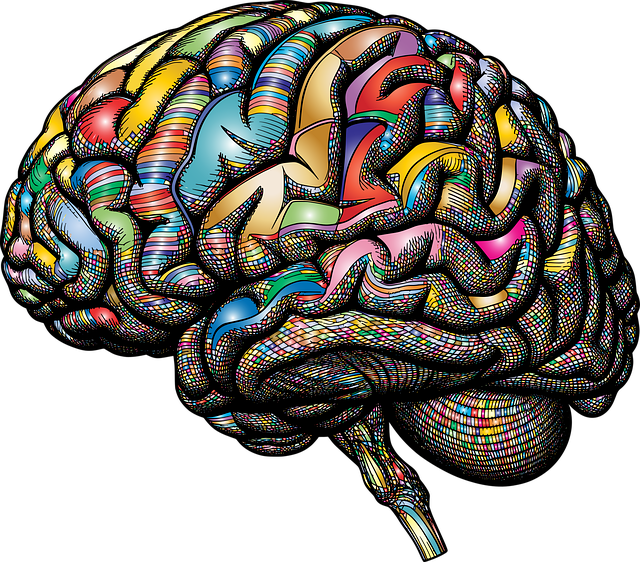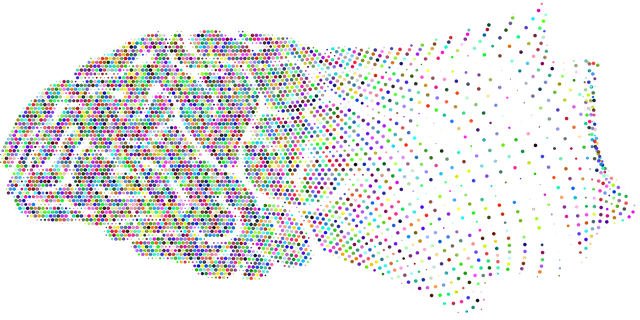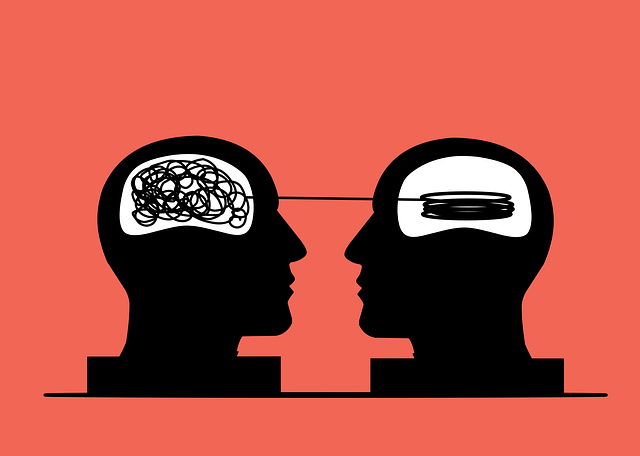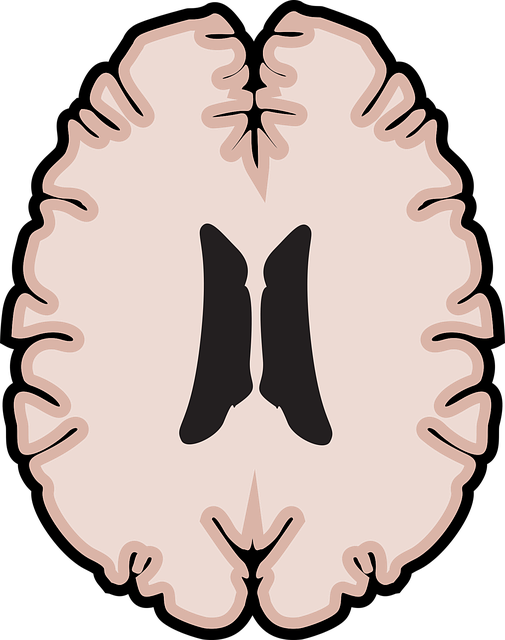Mindfulness meditation is an effective complementary therapy for adults with eating disorders, helping to disrupt unhelpful behaviors and thought patterns. Integrated into traditional treatment plans, it supports better mood regulation, enhances self-regulation skills, and improves communication about emotional eating triggers. Regular mindfulness practice fosters a deeper understanding of eating habits, enabling individuals to make more conscious choices and achieve lasting behavioral changes in their relationship with food and bodies. For those seeking therapy for adults eating disorders, mindfulness techniques like meditation promote present-moment awareness, enhance self-esteem improvement, and foster a healthier connection with food and the body.
“Discover the transformative power of mindfulness meditation as a therapy for adults suffering from eating disorders. This comprehensive guide offers a journey towards healing and self-acceptance. We explore ‘Understanding Mindfulness Meditation for Eating Disorders’, providing insights into its effectiveness. For those new to the practice, ‘Getting Started’ offers simple steps. Learn how to incorporate mindfulness into daily life, making it a sustainable tool for managing symptoms. Embrace a holistic approach to recovery.”
- Understanding Mindfulness Meditation for Eating Disorders
- Getting Started with a Mindful Practice
- Incorporating Mindfulness into Daily Life
Understanding Mindfulness Meditation for Eating Disorders

Mindfulness meditation has emerged as a powerful tool in the therapy for adults with eating disorders. This practice encourages individuals to focus their attention on the present moment, cultivating awareness of bodily sensations, thoughts, and emotions without judgment. For those struggling with disordered eating patterns, mindfulness offers a way to interrupt unhelpful behaviors and thought cycles.
By incorporating mindfulness meditation into treatment plans alongside traditional therapy for adults with eating disorders, healthcare professionals can support patients in developing healthier relationships with food and their bodies. This approach facilitates better mood management by promoting self-regulation and improving communication strategies related to emotional eating triggers. Through regular practice, individuals can gain a deeper understanding of their eating habits, leading to more conscious choices and lasting behavioral changes.
Getting Started with a Mindful Practice

Starting a mindfulness meditation practice can be transformative for adults struggling with eating disorders. It’s a gentle and effective therapy that promotes self-esteem improvement and builds resilience, two crucial aspects in the healing process. By dedicating just a few minutes each day to this simple yet profound practice, individuals can begin to navigate their relationship with food and body image in a more thoughtful and compassionate way.
Mindfulness involves paying attention to the present moment without judgment. This approach can help to mitigate the harmful effects of recurring negative thoughts and emotions often associated with eating disorders. Through guided meditations or self-led exercises, one learns to observe their thoughts and sensations, fostering a deeper understanding of themselves and their relationship with food. This practice also plays a vital role in risk assessment for mental health professionals, providing valuable insights into an individual’s emotional state and potential triggers.
Incorporating Mindfulness into Daily Life

Incorporating mindfulness into daily life can significantly benefit individuals seeking therapy for adults eating disorders. Mindfulness practices, such as meditation, encourage present-moment awareness and non-judgmental observation of thoughts and feelings. This emotional regulation technique helps to disengage from harmful thought patterns and behaviors often associated with eating disorders. By regularly practicing mindfulness meditation, individuals can enhance self-esteem improvement and develop a healthier relationship with food and their body.
For those in treatment, integrating mindfulness into daily routines offers a practical tool for managing symptoms. Simple mindfulness exercises, like focusing on the sensation of breath or scanning the body for areas of tension, can be done anywhere, anytime. This accessibility makes it easier for mental health professionals to include mindfulness as part of their risk assessment and overall treatment plan, fostering a more holistic approach to recovery and well-being.
Mindfulness meditation offers a powerful tool in the journey towards healing from eating disorders. By integrating practices discussed, individuals can develop a deeper connection with their bodies and minds, fostering a healthier relationship with food and self-care. Combining mindfulness with professional therapy for adults with eating disorders provides a comprehensive approach to recovery, enabling lasting positive changes.














